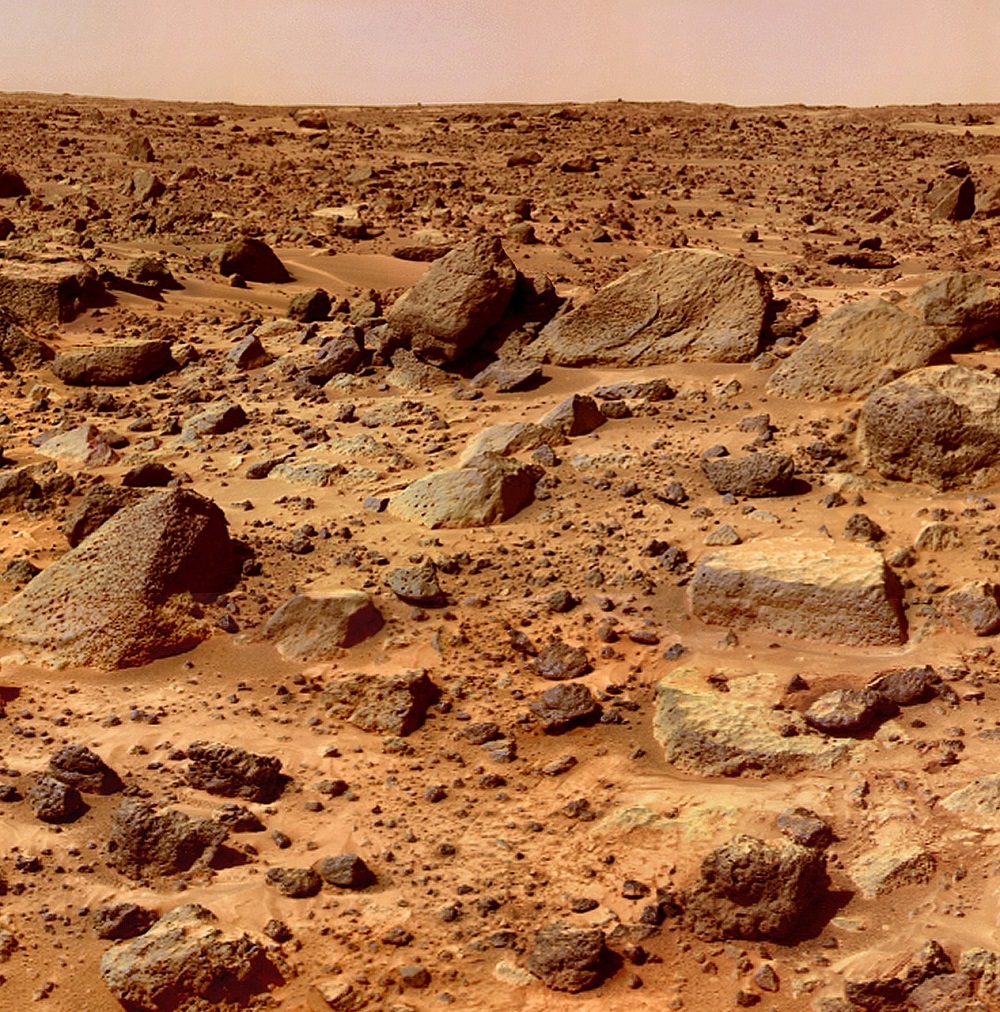MI weekly selection #532
MI weekly selection #532

The cause of Mars’ strongest quake
The strongest quake recorded on Mars, which lasted six hours but left no visible signs on the planet’s surface, was caused by tectonic activity rather than a colliding asteroid. While scientists believe Mars does not have plate tectonics like Earth, the quake was likely caused by the release of tremendous stress within the Red Planet’s crust that had accumulated from a billion years of cooling and shrinking.
Full Story: Live Science
Songbird nesting gets more difficult with extreme heat
Bird species, particularly songbirds, have been harmed by rising temperatures that disrupt their nesting seasons, according to a study of nesting habits from 1998 to 2020 published in the journal Science. Birds living in unshaded agricultural areas are particularly vulnerable to heat, as young birds cannot regulate their body temperatures and parents struggle to bring food to the nest.
Full Story: NBC News
Mystery of uneven Neanderthal DNA unravelled
Scientists have gained a better understanding of why people in East Asia have more Neanderthal DNA in their genomes than others, despite the bulk of Neanderthal remains found in Europe and the Middle East. Researchers found that European genomes were higher in Neanderthal DNA than Asian genomes until about 20,000 years ago, but the proportion likely shifted around 5,000 to 10,000 years ago when farming began the predominant way of life and early farmers in present-day Turkey mixed with Western and Northern Europeans, diluting the share of Neanderthal DNA in Europeans.
Full Story: CNN
Atlantic storms more likely to hit Category 3 faster
Atlantic hurricanes might now have double the likelihood of strengthening into a Category 3 storm within 24 hours amid warming sea temperatures. The study also found that weaker Atlantic storms are reaching Category 3 status within a 36-hour time frame at more than twice the rate they did in the 1970s and 1980s.
Full Story: The New York Times
New law for evolution, in general
An interdisciplinary team of researchers has proposed a new scientific law that would reflect how natural systems tend to become more complex over time, stating that a system will evolve if “many different configurations of the system undergo selection for one or more functions”. The new “law of increasing functional information” expands the theory of evolution to non-living systems such as minerals, planets and stars.
Full Story: Live Science